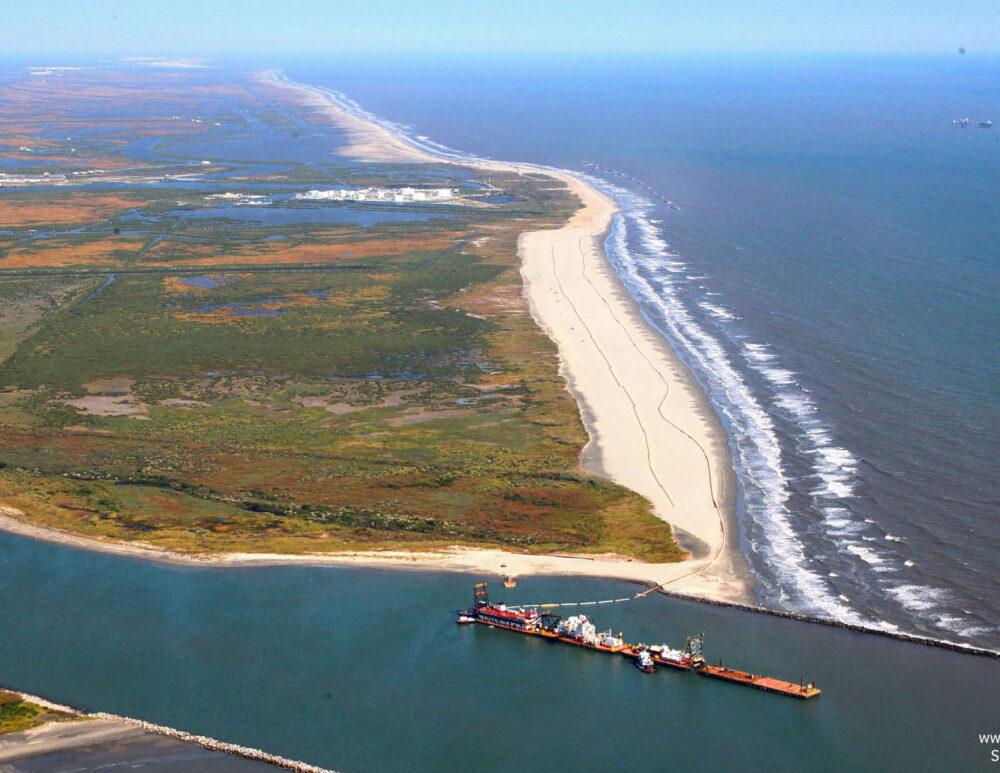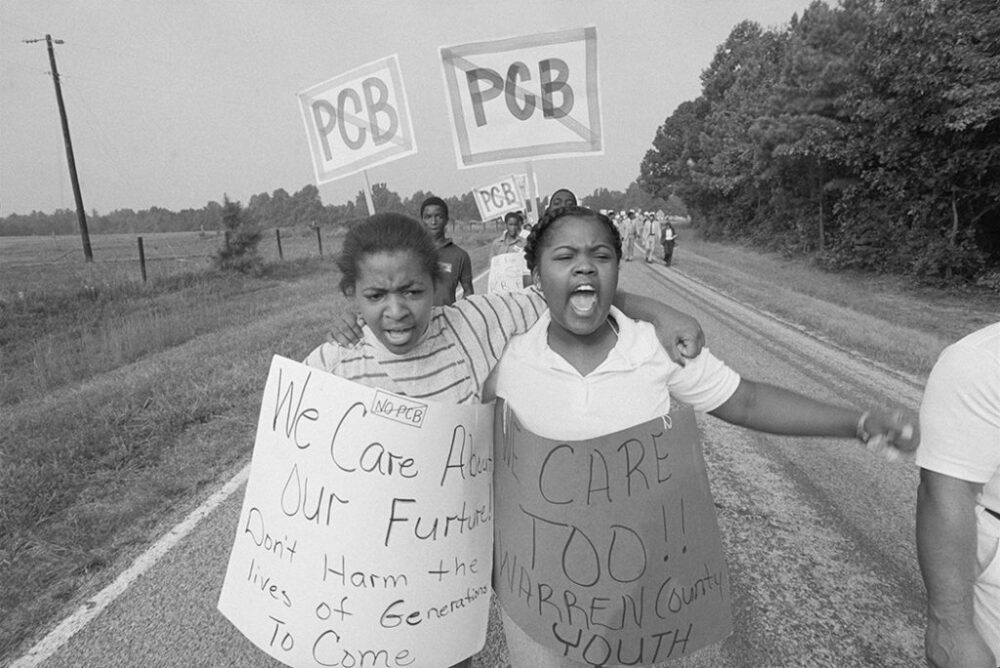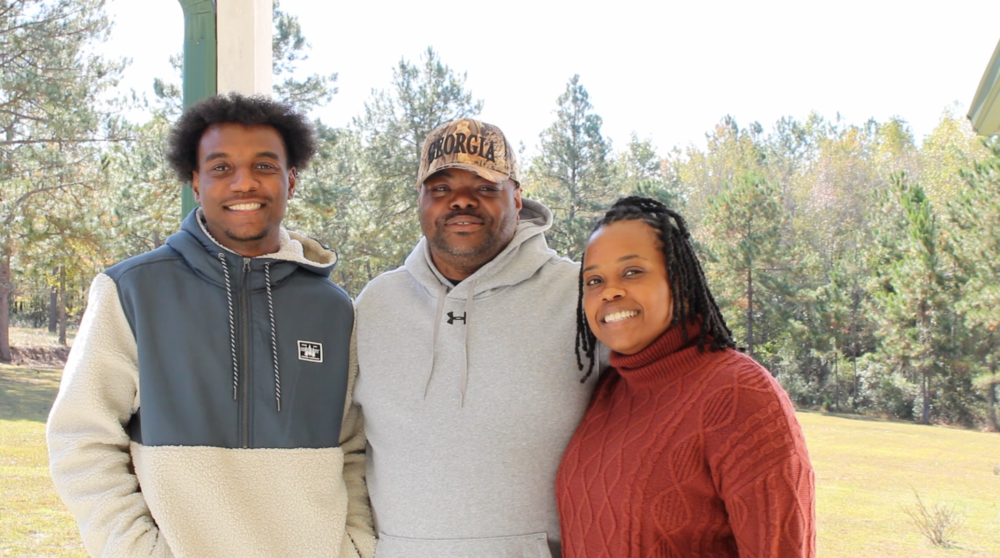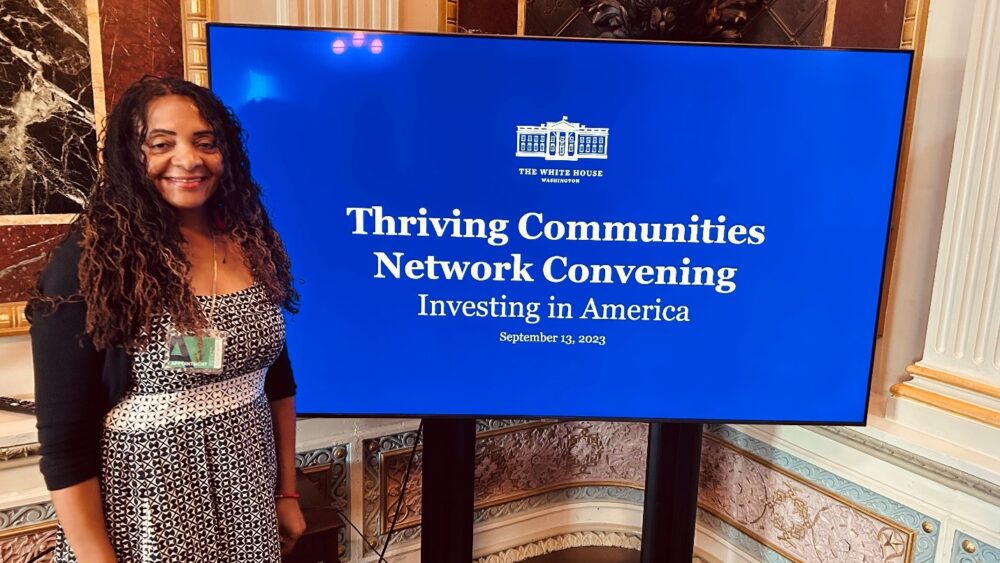We have much more to do and your continued support is needed now more than ever.
Indigenous Leaders Call on Canadian and U.S. Governments to Reform Mining in British Columbia
Indigenous leaders from the U.S. Pacific Northwest and Canada flew to Washington, D.C. in early December to meet with Biden Administration officials, members of Congress, and representatives from the Canadian government to highlight the failure of the British Columbia (BC) government to protect fisheries, transboundary waters, and Indigenous communities from toxic coal, gold, and copper mining in British Columbia.
“I came to D.C. to make U.S. officials aware of the fact that our river, the source of our life, has become so polluted that we can’t eat the fish. Our children can’t swim in it. The thing that used to be the most beautiful place in our valley is now a toxic dump site,” said Mike Allison, elder and councilor with the Upper Similkameen Indian Band in BC. “I want to protect my children’s future but they have no future without clean water. We’ve completely lost confidence and trust in the Province’s ability to regulate and manage the mining industry.”
Despite the fact that the BC government doesn’t adequately regulate existing mines, it plans to double the number of mines in the Province, which will pose even greater threats to the rivers that flow into Alaska, Montana, Washington, and Idaho.
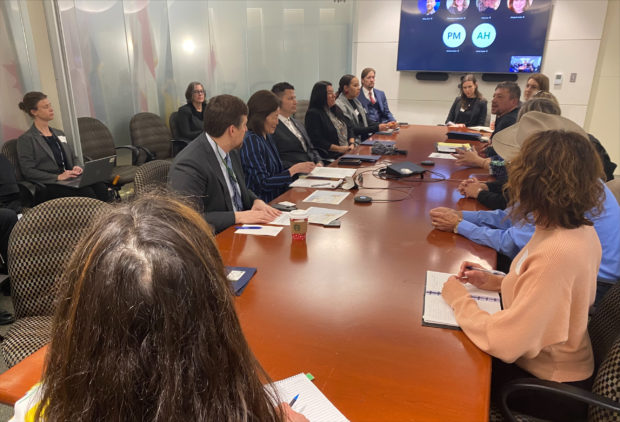
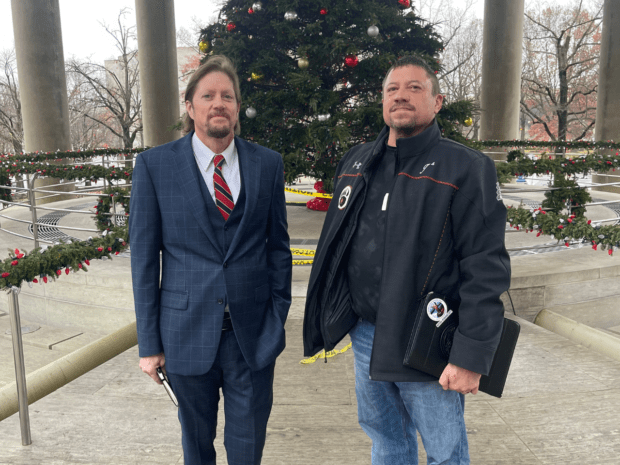
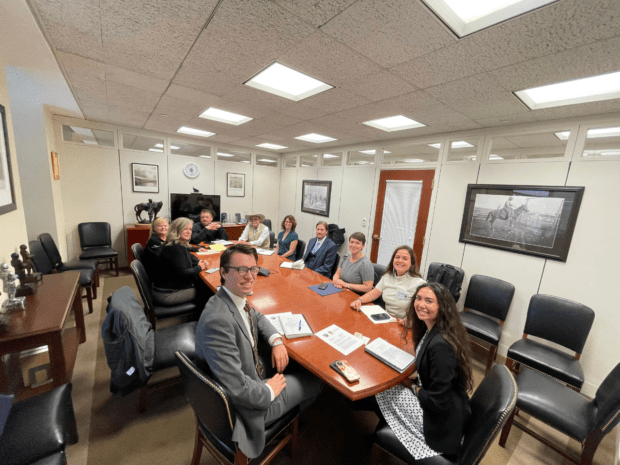
Richard Janssen, director of natural resources for the Confederated Salish and Kootenai Tribes in Montana, has seen the impacts firsthand. “Pollution flowing from the Elk Valley coal mines in Southeast British Columbia has increased to record levels throughout the Confederated Salish and Kootenai Tribal region, endangering our waters, fish, and health of our communities. The government of British Columbia has failed to honor its commitments to Indigenous people to stop this toxic flow and mitigate the damage that has been done.”
Both Janssen and Allison were part of the delegation that met with newly-elected Rep. Mary Peltola (D-AK), Rep. Dan Newhouse (R-Washington), Rep. Suzan DelBene (D-Washington), and the staffs of Senators Tester, Cantwell, and Murrey. The delegation also met with officials from the U.S. State Department, EPA, Interior Department, and Canadian Embassy. The message was clear: British Columbia must set and enforce tougher environmental regulations for existing mines, it must collaborate with Indigenous partners before approving any mining expansion, and it must do a better job of cleaning up existing pollution.
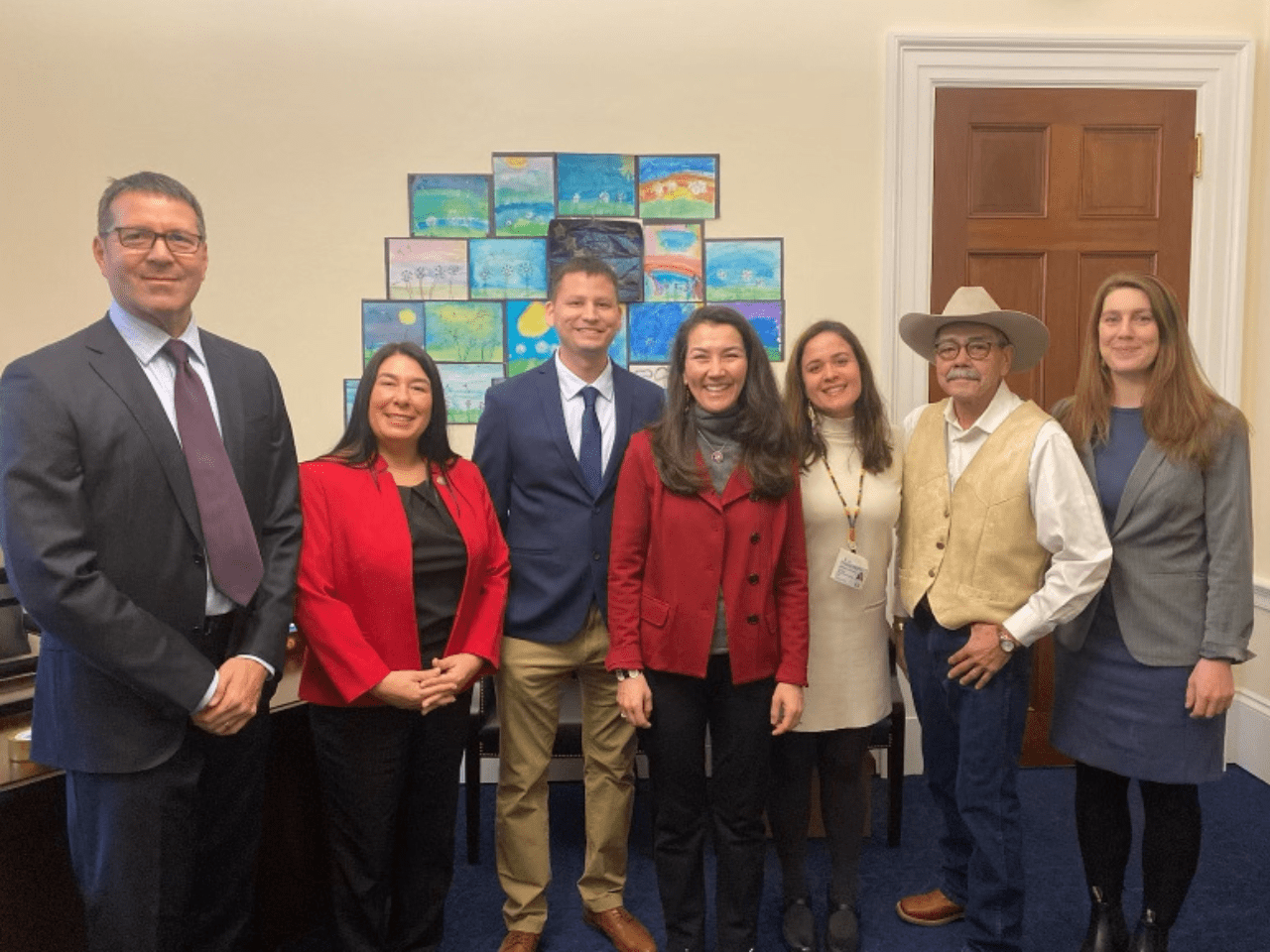
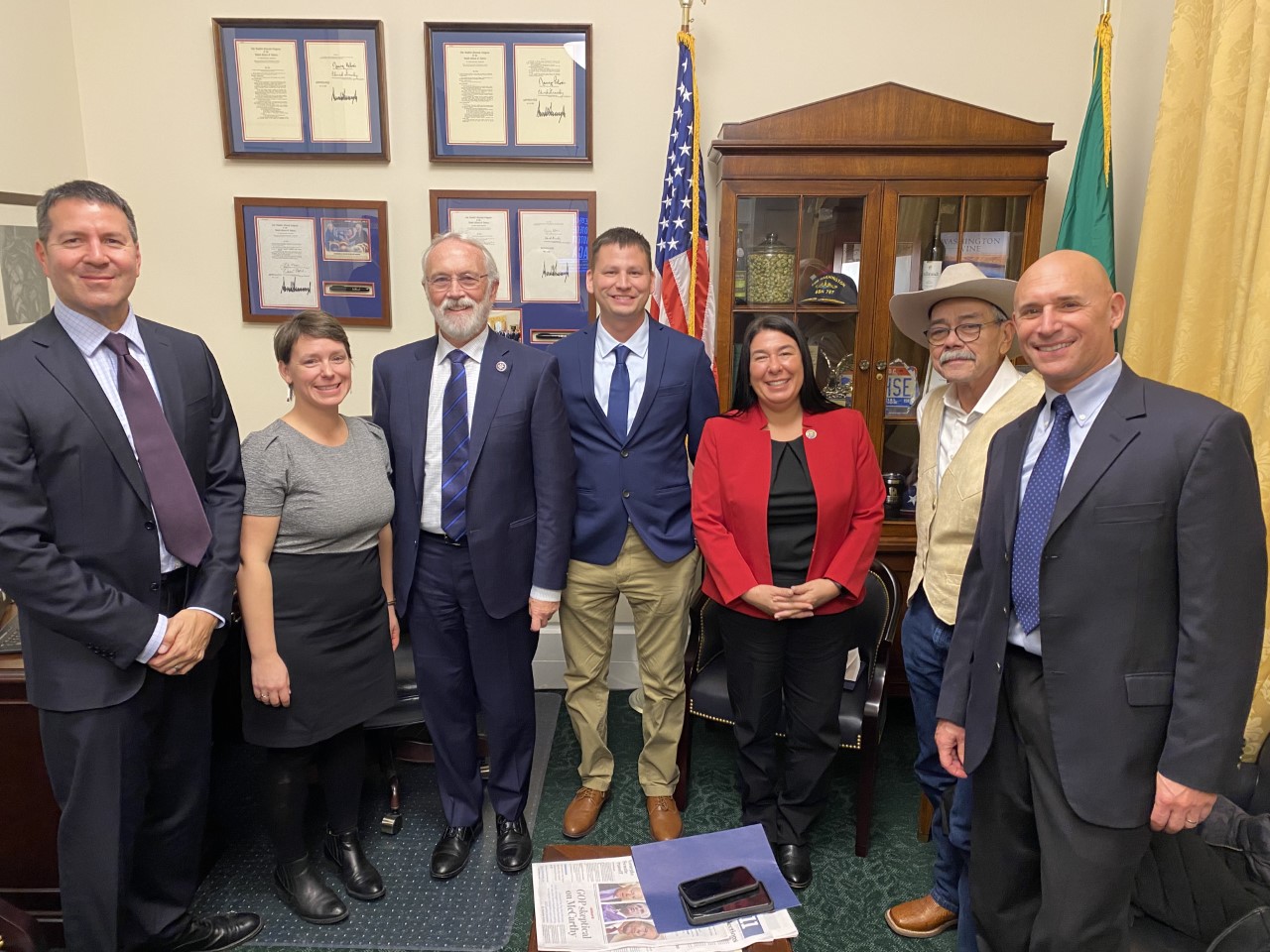
“The U.S. and Canadian governments must work directly with Tribal and First Nation governments to achieve an equitable, just, and scientifically-credible approach to mining pollution across the transboundary watershed,” said Janssen.
The biggest threats come from toxic mine tailings held behind mega-dams (taller than the Seattle Space Needle and the Hoover Dam), which studies have shown will fail. British Columbia can expect two tailings dam failures every ten years under current regulatory and permitting frameworks.
“It’s only a matter of time until one of the mega-dams holding back mine waste tailings will fail, sending dangerous toxins into our watersheds that will kill fish and impact our culture, traditions, and way of life,” said Jarred-Michael Erickson, Chairman of the Confederated Tribes of the Colville Reservation in Washington. “It’s time for the U.S. and Canadian governments to demand that British Columbia hit the pause button on mine expansion, increase environmental regulations for current operations, and successfully mitigate the pollutants that have already devastated these transboundary ecosystems.”
In fact, a recent report from Pro-Publica showed that fish caught by Indigenous fishermen along the Columbia River in Washington and Oregon were deemed unsafe to consume because of toxic chemicals. Indigenous communities depend on fish as both a food source and as part of their cultural traditions.
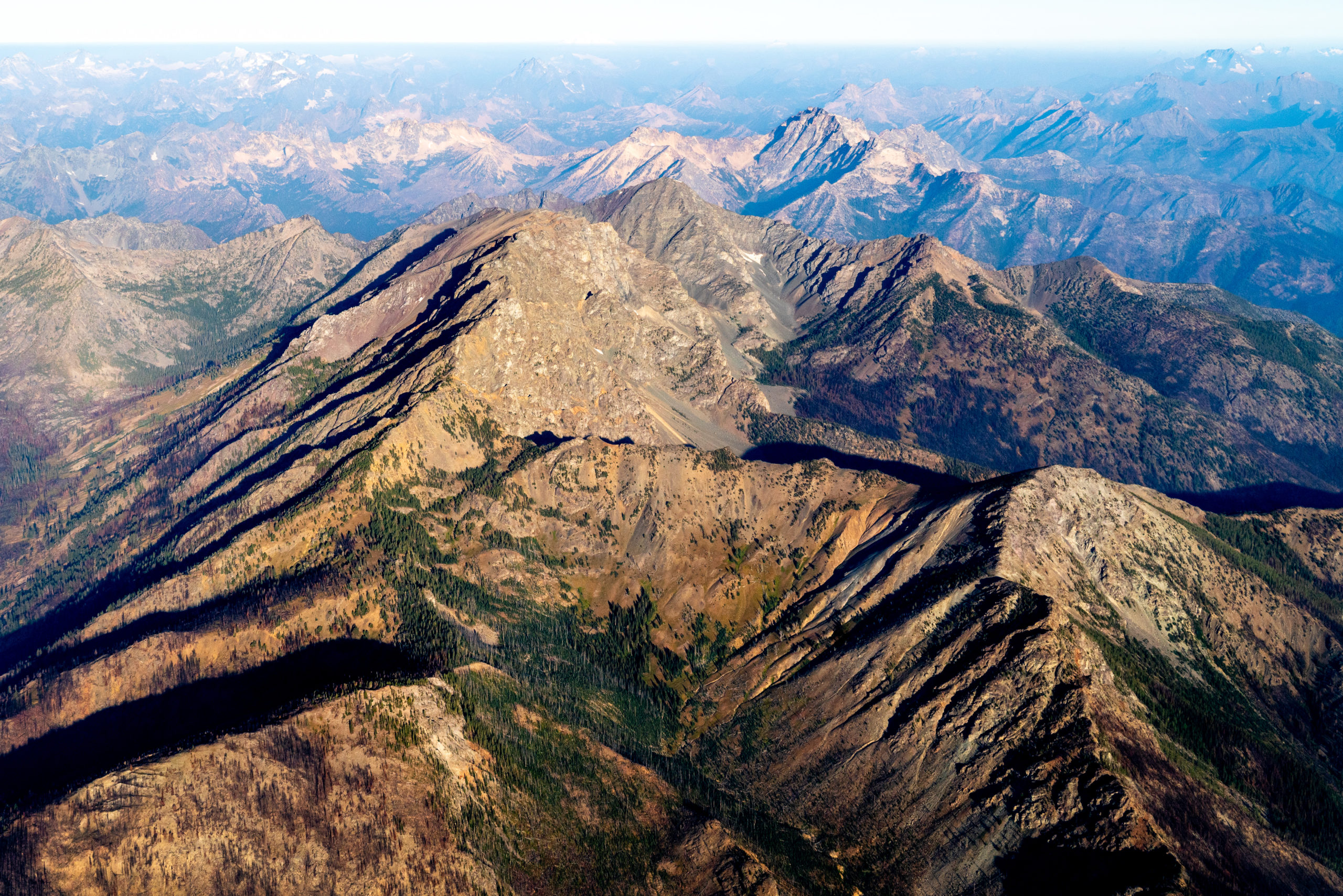
“Canada’s mining in our shared rivers is one of the biggest threats to our wild salmon and our Indigenous way of life. In the face of a rapidly changing climate, British Columbia continues to permit massive open-pit gold mines in the headwaters of our largest salmon-producing rivers – without the consent of downstream Tribes.
Our way of life depends upon the health of our transboundary waters and we will not stop until we can ensure the environmental security and stability of our shared rivers,” said Richard Peterson, president of the Central Council of the Tlingit & Haida Indian Tribes of Alaska. “We have been calling on the United States and Canada to honor their legal and ethical obligations and to act immediately to protect our traditional territories from legacy, ongoing, and proposed mining in British Columbia. We must get ahead of this before it’s too late.”















